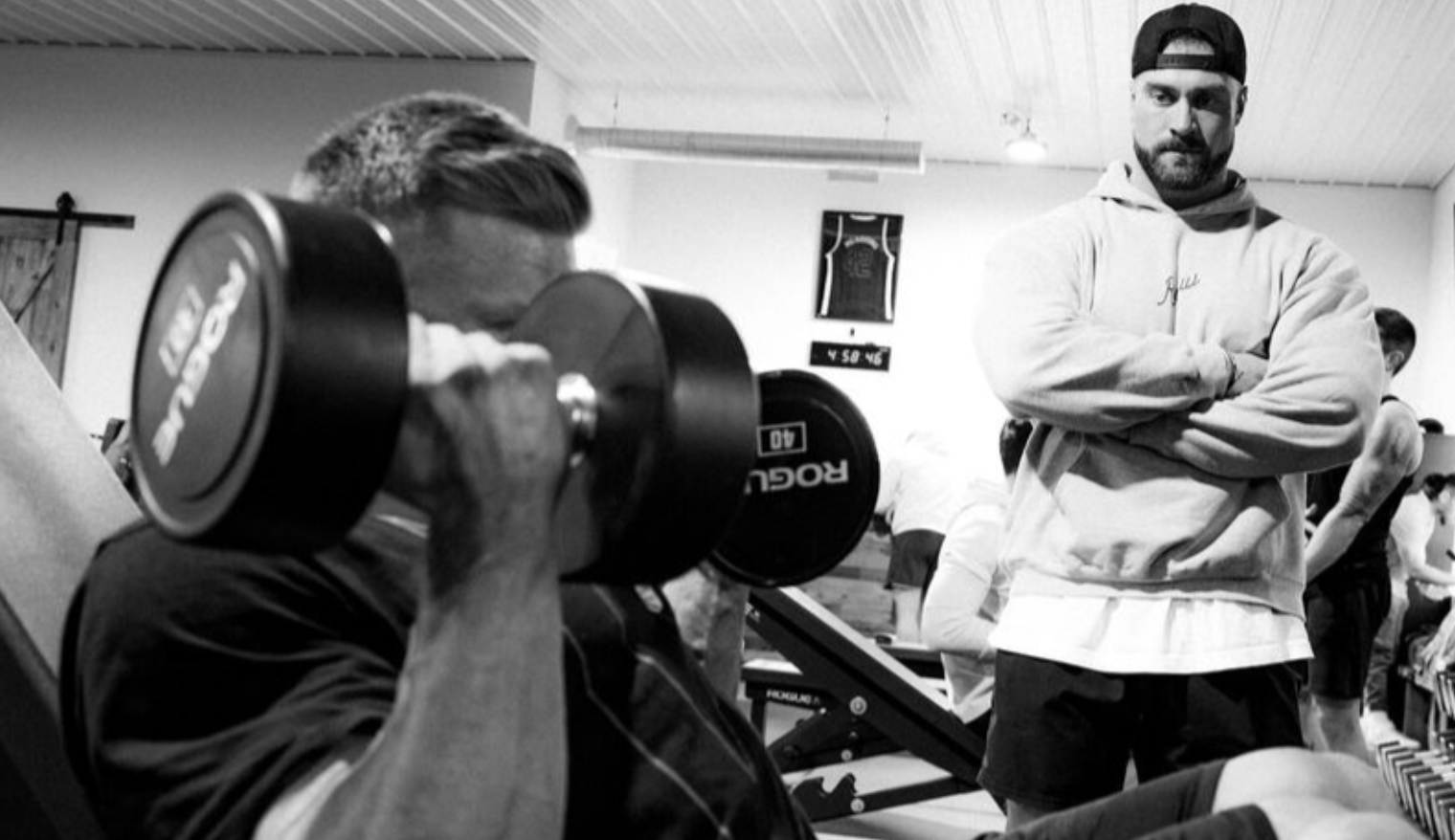Tags: Basics
Basics, Influencing Factors and Optimization
What is Metabolism?
Metabolism encompasses all biochemical processes in the body that are necessary for energy production, cell formation, and the maintenance of bodily functions. Nutrients from food are converted into energy or used to repair and build tissue .
There are two main processes:
- Catabolism (degradation): This involves breaking down nutrients such as carbohydrates, fats and proteins into smaller units to provide energy.
- Anabolism (building): Here new structures are formed from the smaller units, e.g. B. Muscle proteins or enzymes – central to bodybuilding and any training plan for muscle building.
The Role of Basal Metabolic Rate
The basal metabolic rate is the amount of energy (calories) that the body needs at complete rest to maintain vital functions such as breathing, heart rate and cell regeneration .
This is influenced by:
- Age: Metabolism slows down with age.
- Gender: Men usually have a higher basal metabolic rate due to a higher muscle mass.
- Muscle mass: Muscles burn more calories than fat tissue, even at rest – that’s why strength training is so effective.
- Hormonal factors: Thyroid hormones and insulin significantly influence metabolism.
In addition to the basal metabolic rate, there is the performance metabolic rate, which takes into account the energy required for movement and physical activity .
We explain in detail what role cortisol plays in muscle building and your metabolism in the article about cortisol in bodybuilding .
Which Factors Influence Metabolism?
1. Nutrition
- Proteins increase thermogenesis: the body uses more energy to digest proteins than carbohydrates or fats .
- Complex carbohydrates stabilize blood sugar: they prevent insulin spikes and promote a steady energy supply.
- Healthy fats are essential: Omega-3 fatty acids support cell functions and hormone balance.
2. Exercise & Muscle Mass
- Strength training increases your basal metabolic rate: More muscle mass means your body burns more calories on a sustained basis – the foundation of any bodybuilding routine.
- Endurance training improves metabolic flexibility: the body can switch more efficiently between fat and carbohydrate burning.
3. Sleep & Regeneration
- Lack of sleep disrupts hormonal processes and can slow metabolism. Particularly important are:
- Melatonin & growth hormones: They promote muscle regeneration and fat loss.
- Cortisol & Insulin: Disturbed sleep can lead to increased cortisol, which negatively affects fat metabolism.
4. Hormones & Genetics
- Thyroid hormones (T3, T4) regulate energy metabolism.
- Insulin controls energy intake and storage.
- Genetic factors determine how efficiently the body processes nutrients.
How can You Stimulate Your Metabolism?
- Protein-rich diet: Increases thermogenesis and promotes muscle maintenance .
- Regular exercise: combination of strength and endurance training.
- Sufficient sleep: 7–9 hours per night for optimal hormone regulation.
- Drink more water: Supports enzymatic processes and fat burning.
- Cold exposure: Cold showers or walks in the cold activate brown adipose tissue.
Conclusion
Metabolism is a complex system influenced by nutrition, exercise, hormones, and recovery. An active lifestyle with a balanced diet, regular strength training, supplements, a personalized training plan, and sufficient sleep is the best way to optimize your metabolism in the long term—whether in the gym, at home, or on the way to the next bodybuilding competition.


